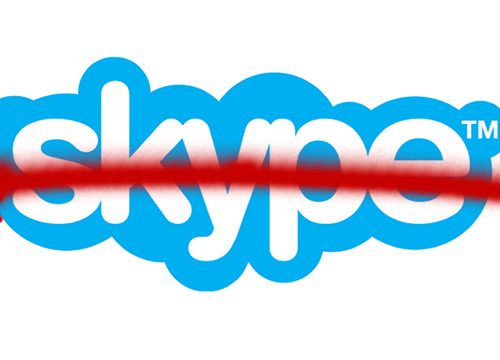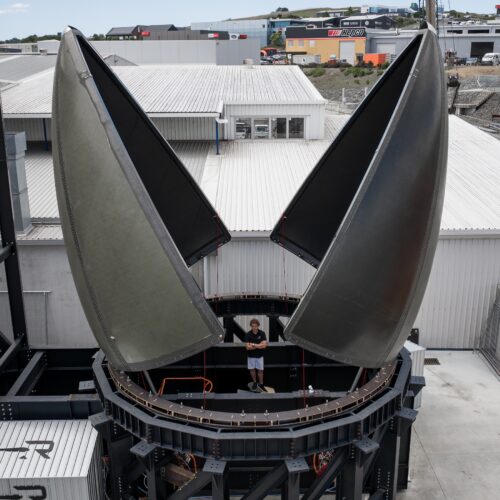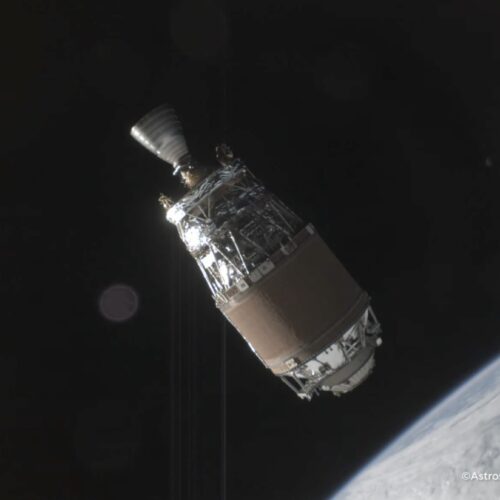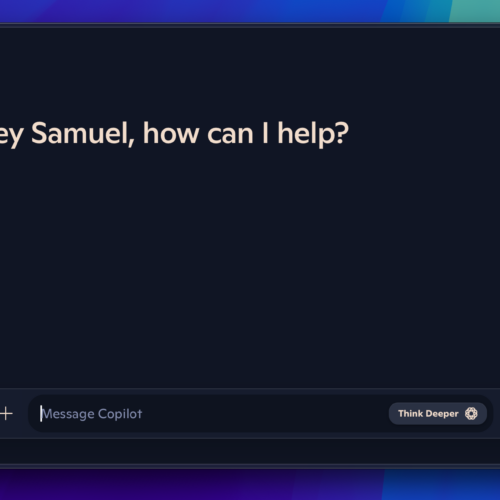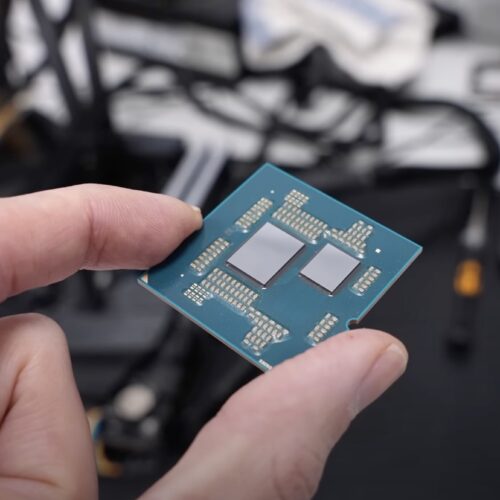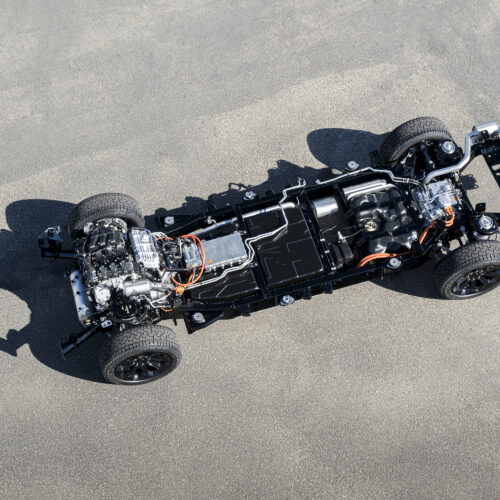US Antarctic Program disrupted by DOGE-induced chaos
Few agencies have been spared as Elon Musk’s so-called Department of Government Efficiency (DOGE) has ripped through the United States federal government. Even in Antarctica, scientists and workers are feeling the impacts—and are terrified for what’s to come.
The United States Antarctic Program (USAP) operates three permanent stations in Antarctica. These remote stations are difficult to get to and difficult to maintain; scattered across the continent, they are built on volcanic hills, polar plateaus, and icy peninsulas.
But to the US, the science has been worth it. At these stations, over a thousand people each year come to the continent to live and work. Scientists operate a number of major research projects, studying everything from climate change and rising sea levels to the cosmological makeup and origins of the universe itself. With funding cuts and layoffs looming, Antarctic scientists and experts don’t know if their research will be able to continue, how US stations will be sustained, or what all this might mean for the continent’s delicate geopolitics.


© Wolfgang Kaehler via Getty

